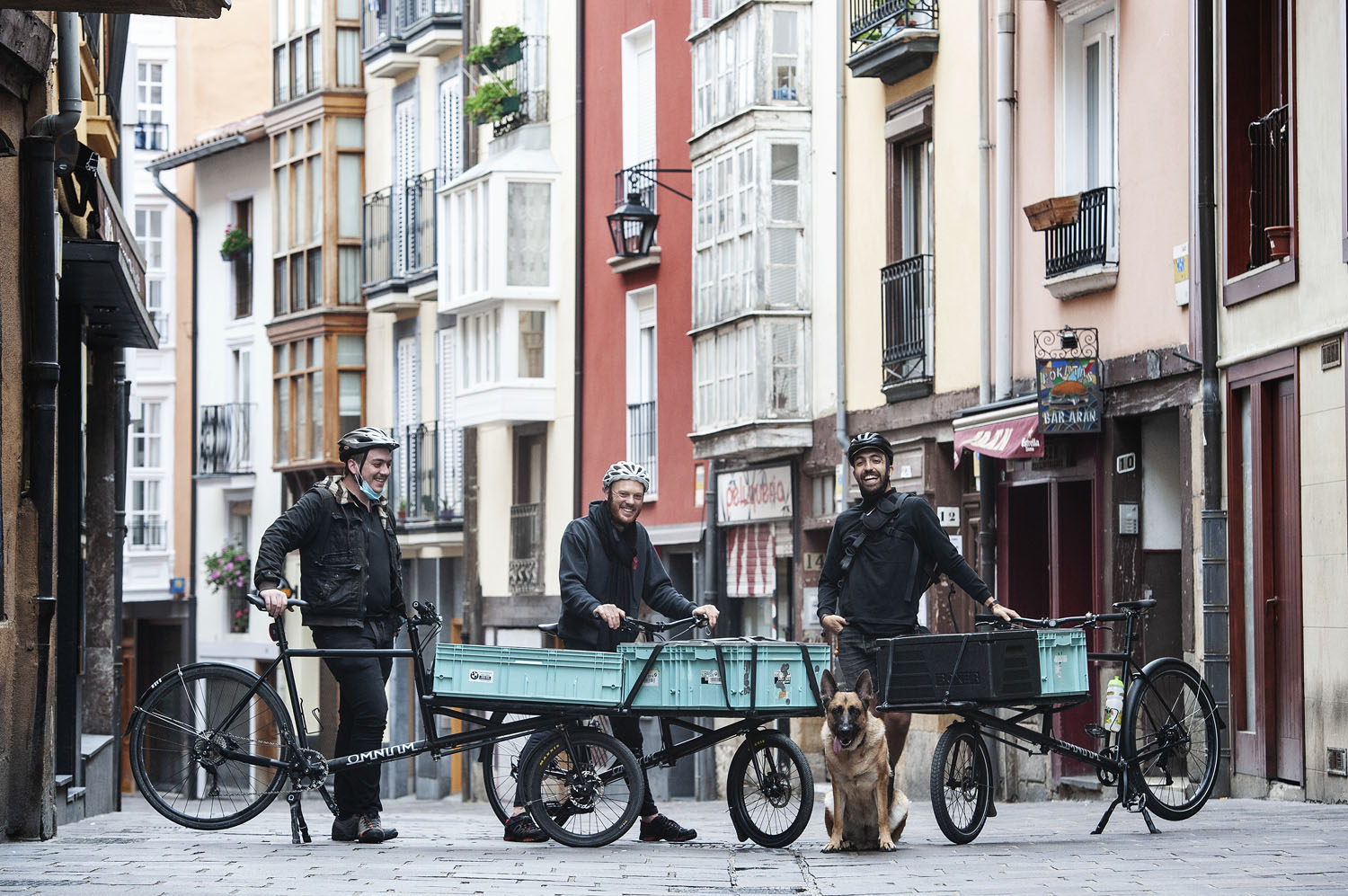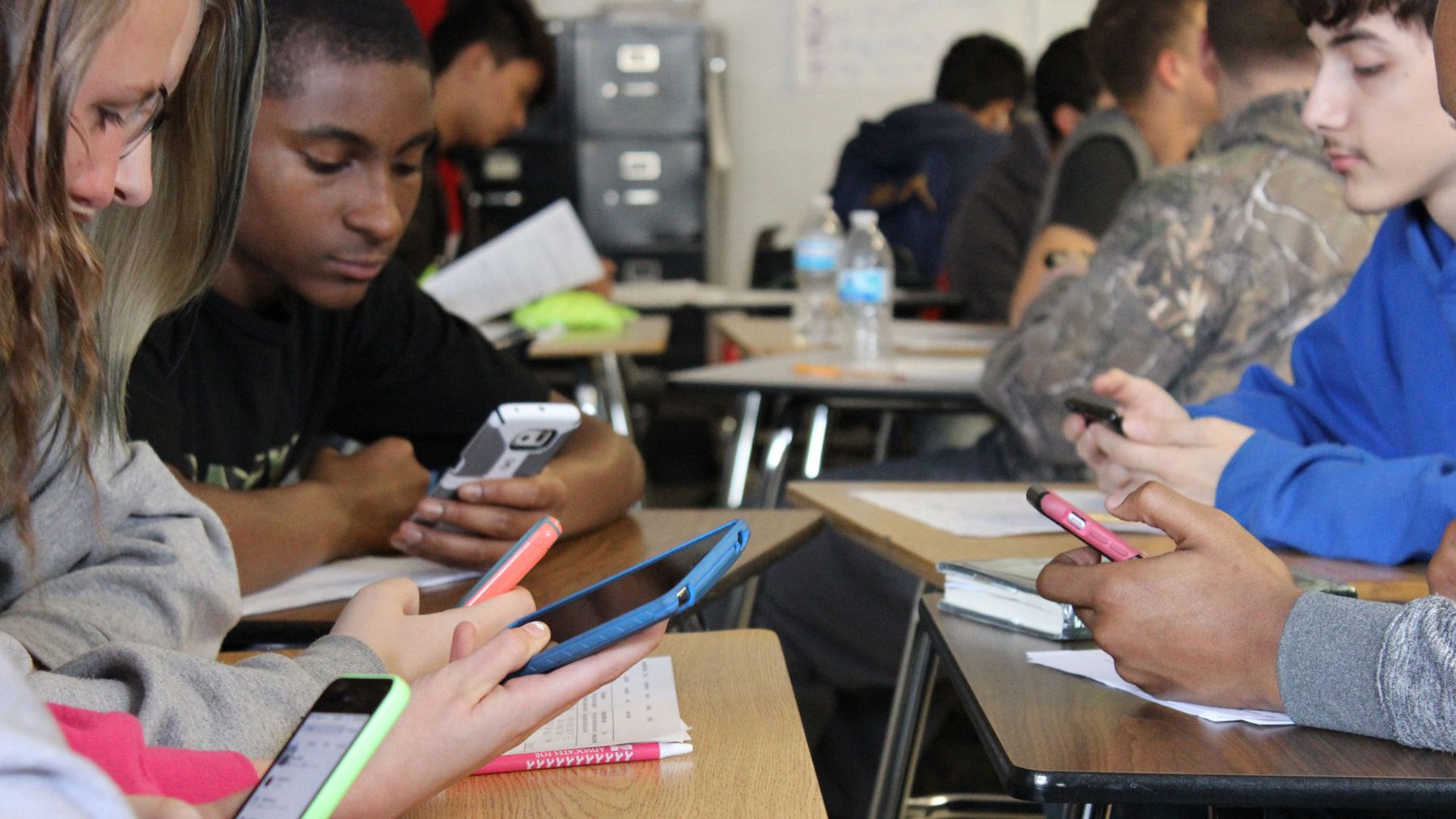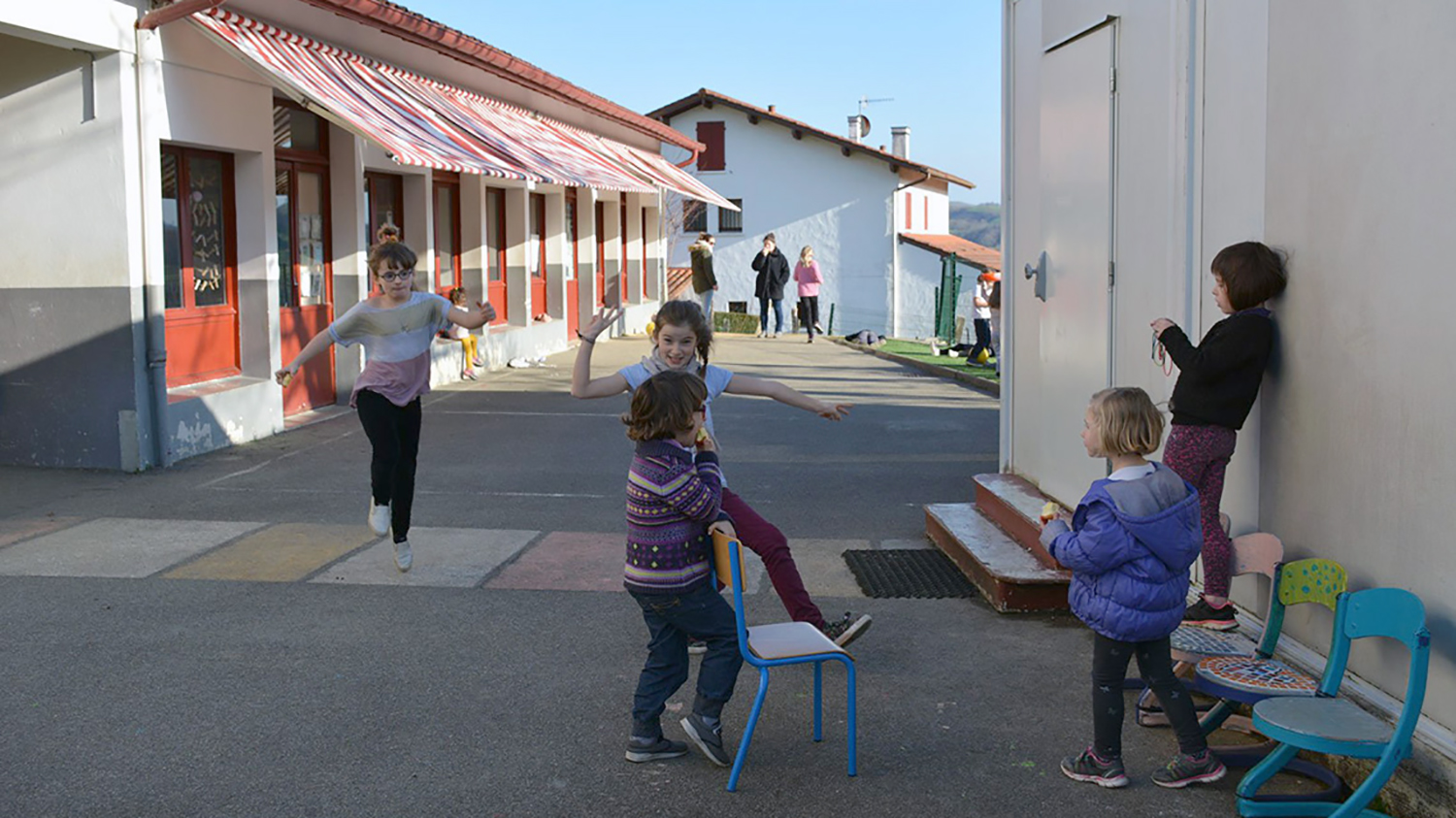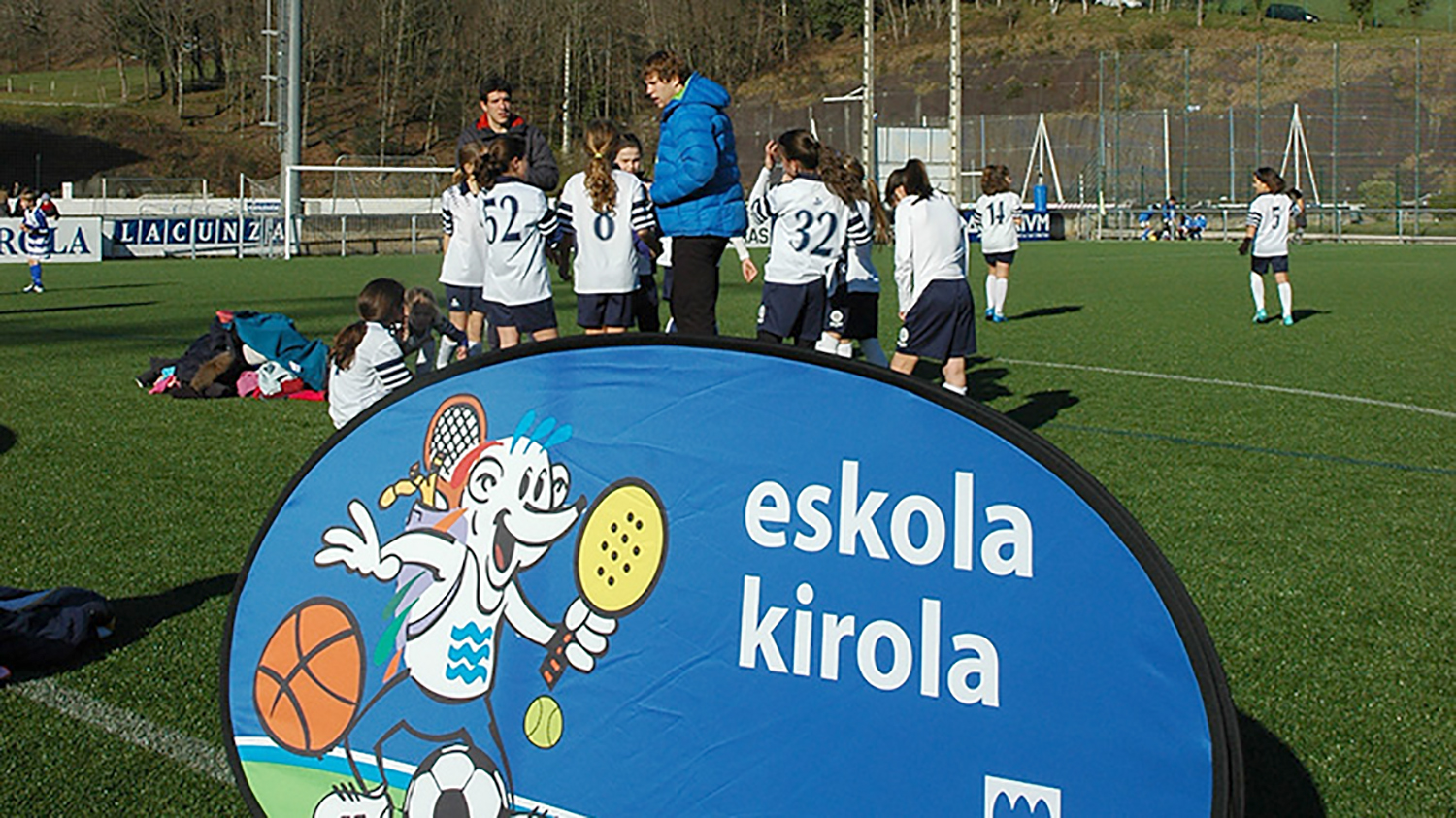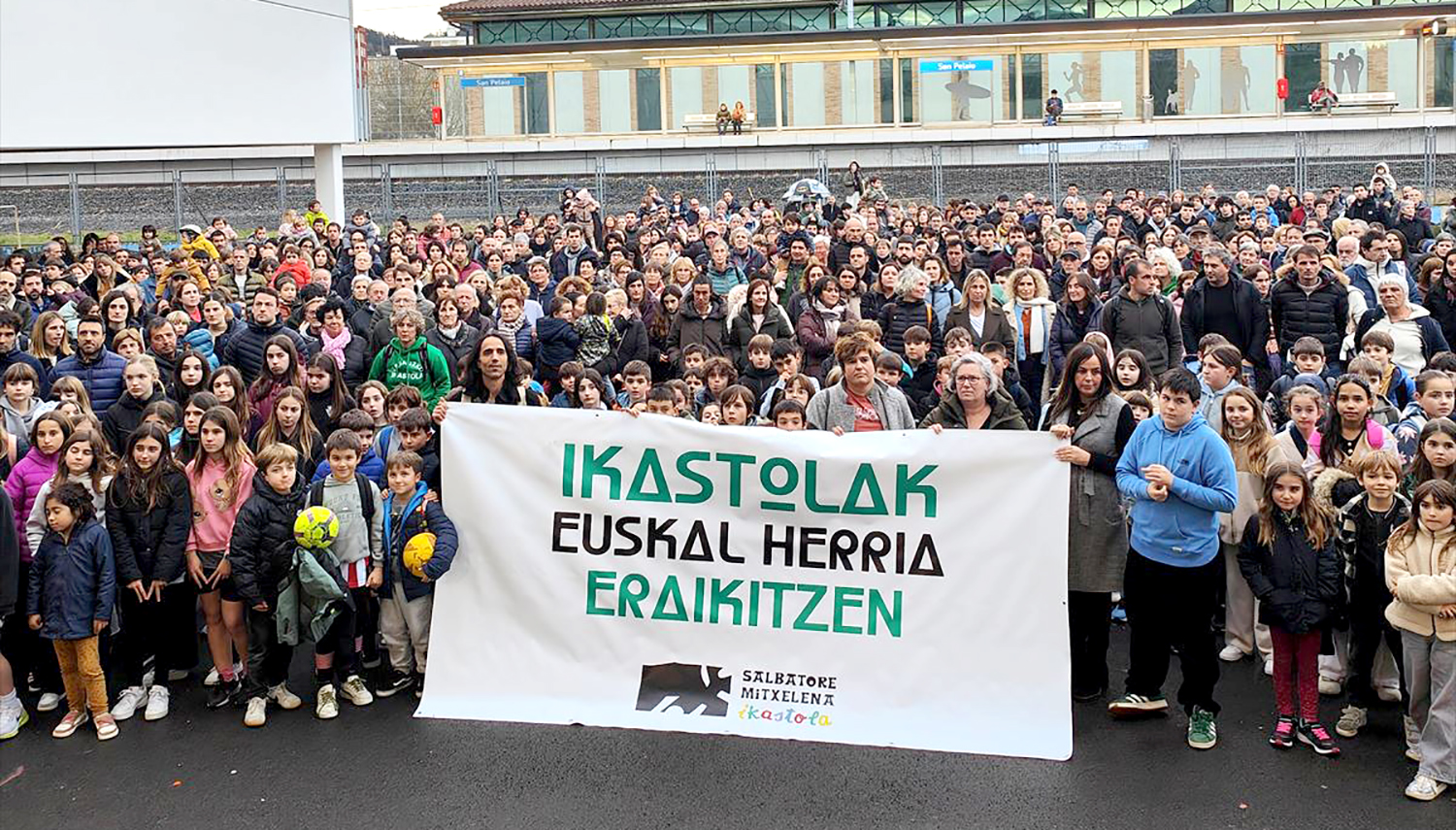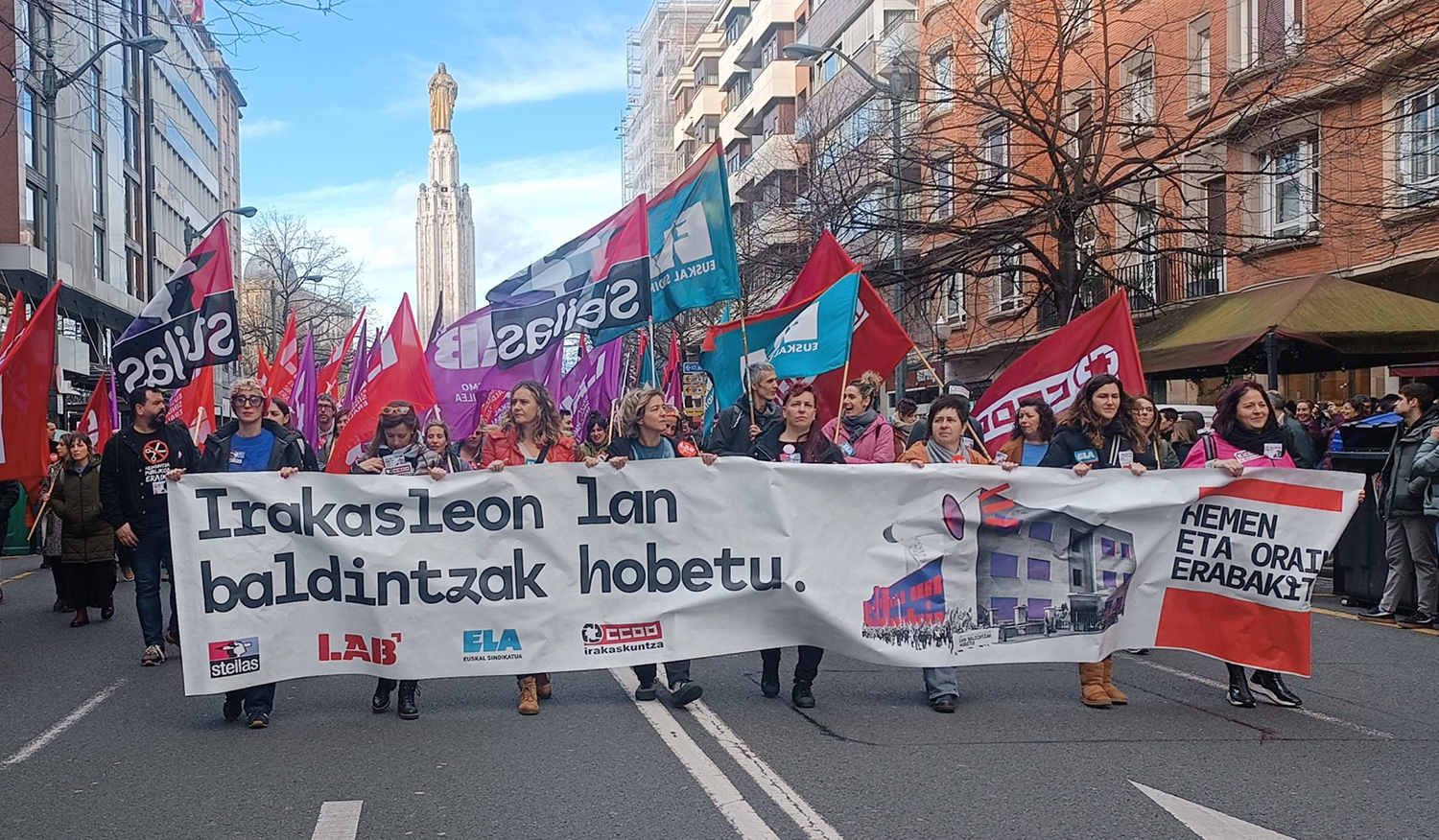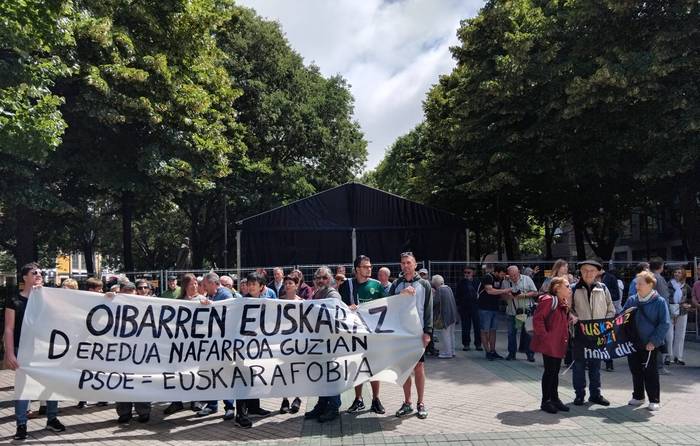The students, the best collaborators
- The Ikastola Bihotz Gaztea of Santurtzi, organizer of this year’s Ibilaldia, has launched the Ikasle Laguntzailea project, with the objective and basis of coexistence. Collaborating students are those who help a student who is just in the courtyard, someone who is having a bad time or someone who has a problem.
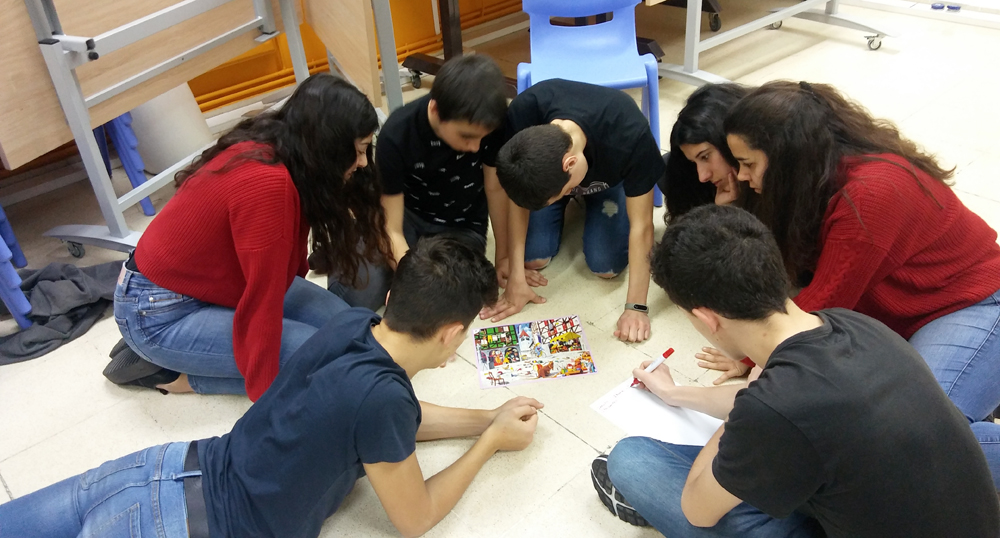
The aim of the initiative is to improve coexistence through dialogue between equals. Santurtzi's ikastola has been developing the project for six years. But why did they decide to launch it? Why and why is the figure of the accompanying student important?
The students were protagonists
in a pedagogical conference organized by the Federation of Ikastolas in the course 2011-2012, when they learned that they were already underway in some centers in Castilla-La Mancha. As explained by the head of studies, Ainhoa Urzelai, in the ikastola consider it a good tool for coexistence: “We have regulations to punish violations when there are conflicts in coexistence, but we wanted to give prominence to students in order to manage their conflicts”. And that is, when the help comes from the students, Professor Erika Gallego says it's much more effective, both to detect it and to solve it, because before the adults they realize the problems there are in the classroom. They have provided the students with the necessary tools and put them in the front line, so that they are the main managers of their conflicts. To be an auxiliary student, yes, they have to fulfill a series of characteristics.
Who can be a student's aide?In order to qualify as a collaborating
student, it is necessary to study Compulsory Secondary Education (ESO). Once in the final year of Primary Education, the students who will accompany them in the next course are selected. This selection is made by the students themselves through a questionnaire prepared by the faculty. There, for example, they are asked who they would tell a secret. According to Urzelai, with this dynamic they seek a series of characteristics: developing social skills, being a trusted person, etc.
Those chosen in this activity will be those who, depending on their peers, better adapt to the profile of the accompanying student. They are then asked whether they are willing to commit themselves or not, and they form the group with those who confirm it. Galician has stated that since the project was launched, no one has refused to do so: “They are always very willing to learn and help others.”
Regarding the students who accompany them, they can be of any age. The usual thing is for companions to be of close age, as they are the ones who know the most, although there have also been different cases.
What kind of training do they receive?
At the beginning of the course, students and teachers receive training classes. Along with them, members of other educational centers participate to learn about and exchange experiences. In these sessions, techniques are practiced to help colleagues while sharing doubts and concerns.
Subsequently, the auxiliary students of the center are organized into groups and each group is assigned a tutor teacher. They will meet with him once a month to manage the possible conflicts that have arisen in coexistence, ask questions, share what they see and feel... However, if they so request, they may also hold other meetings with the tutor.
During the course, students also receive training from external organizations. In 2018, for example, ESO’s 3rd and 4th contributors have held cooperative game sessions. They also organize campaigns at ikastola, such as against bullying.
“We all have to feel part of the team” “Our colleagues chose us, they said that if we had a problem they would count on us,
so we committed ourselves.” Now it’s been four years since the 4th ESO alumni gave the yes and told us that they are very happy with what they have achieved: “Our role is very important for what feels marginalized to join the group. After all, we are a group and we all have to feel that we are part of the group.”
The students have also pointed out that they have contributed to improve the atmosphere of the ikastola, denouncing some situations and giving confidence to a colleague who is having a bad streak. In general, they claim that they have helped people who feel marginalized, “especially people who by their tastes or by their very nature leave out the group”. In these cases, collaborators are quite clear about what they have to do: “We can’t all go at the same time. We have to approach in a discreet way, show ourselves to be like him and, of course, be willing to help.”
In addition to the results obtained, they have also underlined what they have learned: “We have sought and found many solutions, but we ourselves have been educated in some values: we have developed empathy, now we try more to put ourselves in the skin of others and understand what they feel.”
The teachers are also very pleased with the project. They don't know what the situation would look like if the program wasn't running, but they've seen that this tool they use naturally is very important. “We think it’s essential to know what’s going on in a room.”
Looking to the future, you are clear that you are going to continue with the project that you have fully internalised, as you have had a very positive experience. In any case, they will also seek ways of improving. According to Urzelai, they are always reflecting, and this course, for example, has launched the “Mailbox of Coexistence”. The students write anonymously some problem they see, and then they introduce the paper. The writings are managed by collaborating students. “There are still many students who don’t use it, so we’ll think about something for next year. In short, Ikasle Laguntzailea is a project that, depending on needs, is continually being renewed, strengthened and developed.”
I received your e-mail in personal mail on the strike portals. At first, like many others, I thought it was to let you know what options we have in the face of the strike. But no, the e-mail received was a political and communicative movement against the strike.
I will confess... [+]
And for another year, the unions have organized prefabricated strikes for us. And we, individually, will decide whether or not to join the strike, without the need for any assembly at the school.
The strike model that I was taught is no longer in vogue, it seems. In my... [+]
Behin batean, gazterik, gidoi nagusia betetzea egokitu zitzaion. Elbira Zipitriaren ikasle izanak, ikastolen mugimendu berriarekin bat egin zuen. Irakasle izan zen artisau baino lehen. Gero, eskulturgile. Egun, musika jotzen du, bere gogoz eta bere buruarentzat. Eta beti, eta 35... [+]









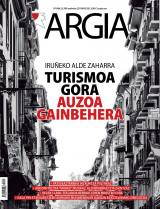

.jpg)
